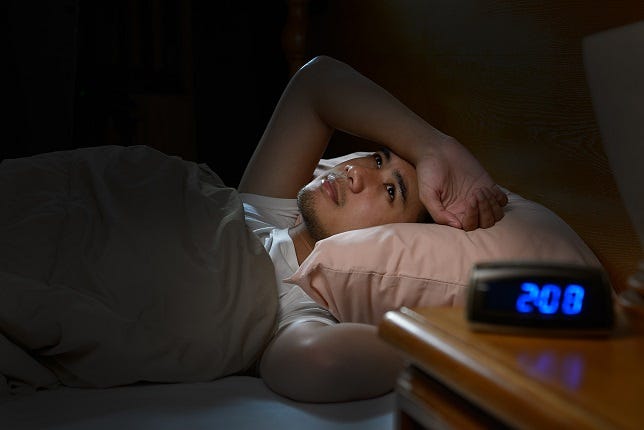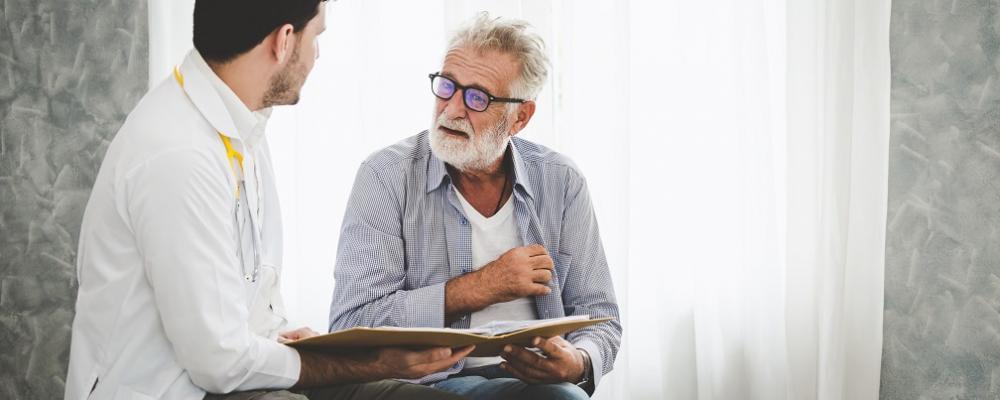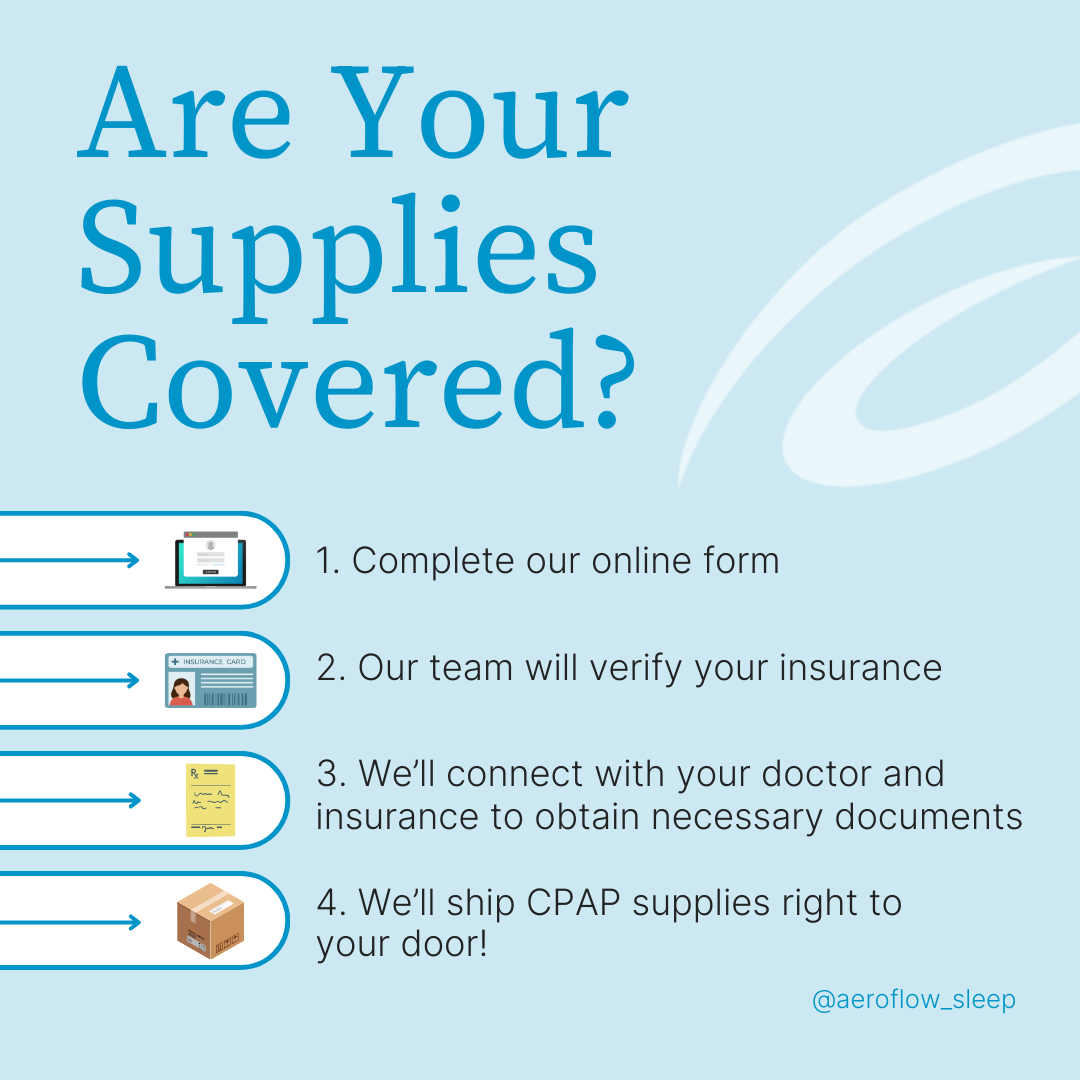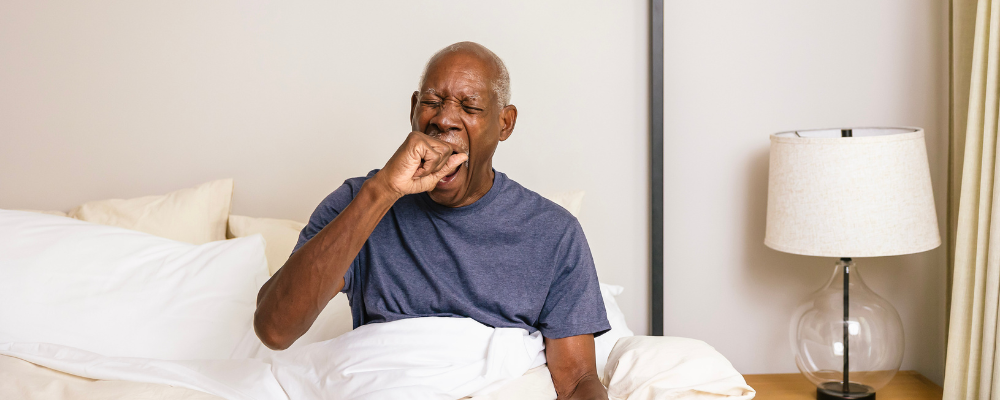The importance of mental health is relatively new to the world of medicine, because much of what we know about mental health didn’t come to light until the late 20th century. One of the biggest turning points in mental health history happened when Vietnam veterans returned home in 1975.
Seemingly innocent cap guns and fireworks became our hometown heroes’ triggers, involuntarily revealing unspeakable horrors to families, friends, and children. The development of PTSD had begun. Trauma survivors and allying support groups voiced their concerns until posttraumatic stress disorder (PTSD) was officially recognized as a mental health condition five years later.
Over 40 years have passed since then. Wars have been fought in the Gulf, Afghanistan, and Iraq. Yet, mental health disorders like PTSD impact our physical health is still being explored; including how PTSD affects sleep disorders like obstructive sleep apnea (OSA.) As we prepare to celebrate Veteran’s Day—a holiday where we reflect on the sacrifices of our servicemen—today’s blog takes a look at how PTSD and OSA are related.
Can OSA Be Caused by PTSD?
OSA cannot be inherently caused by PTSD or trauma. That said, OSA is prevalent among those who have PTSD, because their most common symptoms overlap in disturbed sleep. PTSD can be rooted in nightmares, so patients want to avoid sleep. Unfortunately, doing so can lead to daytime sleepiness, insomnia, and diminished sleep quality once you finally do get some rest. These are all symptoms of PTSD and OSA.
Just like how gaining weight adds to your neck fat, which then puts pressure on your throat muscles and causes an obstruction, avoiding sleep in order to avoid PTSD can keep you from experiencing REM sleep. Then, you’ve compounded your chronic stress, and you’re vulnerable to a sleep disorder like OSA.


Can sleep apnea make PTSD worse?
On the flip side, OSA can make PTSD worse. Trauma survivors have a high risk of flashbacks when their breathing becomes irregular, because the lack of oxygen induces stress and panic and causes your blood pressure to rise.
Combat veterans are especially at increased risk. This may be because the veteran population tends to be male, and men are more likely to have OSA. In fact, research has shown that 69% of Vietnam War veterans with PTSD also had sleep-disordered breathing. It is for this reason that the Veterans Benefits Administration (VBA) deems most forms of sleep apnea a disability.
Is sleep apnea a disability for veterans?
Yes, the VA does consider sleep apnea a disability. In fact, the VBA reported, “The United States Department of Veterans Affairs (VA) awarded 282,323 service-connected sleep apnea ratings. These claims accounted for 26.67% of all body system disabilities in the fiscal year 2017. And that number is growing.”
However, the VA tracks and rates sleep apnea 0, 30, 50, or 100. That number decides the veteran’s monthly compensation amount. Veteran law attorneys at Berry Law explain:
Sleep Apnea VA Ratings
- 0: “If sleep apnea causes disordered breathing but no other symptoms, the veteran will be assigned a 0% rating, meaning the vet will not receive any monthly payment amount for sleep apnea.”
- 30: A 30% rating means the vet experiences “persistent excessive sleepiness during the day.”
- 50: 50% means the vet requires a continuous positive airway pressure (CPAP) device.
- 100: “And finally, if the veteran’s sleep apnea causes chronic respiratory failure with carbon dioxide retention or cor pulmonale, or if their sleep apnea requires tracheostomy, then a 100% rating will be awarded” and the vet will be fully compensated for their disability.
Is sleep apnea a disability for non-military personnel?
Sleep apnea patients among the general population are not considered disabled. Civilians, or non-military personnel, receive disability from the Social Security Administration (SSA,) and attorneys from the Nolo Network claim, “The Social Security Administration (SSA) no longer has a disability listing for sleep apnea, but it does have listings for breathing disorders, heart problems, and mental deficits.” OSA is, therefore, secondary to PTSD, because PTSD is considered a mental deficit covered by SSA.
Whether your traumatic event is the product of active duty, sexual assault, a motorvehicle accident, or natural disasters, know that an improved quality of life is available to you.
Your course of PTSD treatment depends on your PTSD symptom severity and if your PTSD is combat-related posttraumatic stress disorder. A doctor of psychiatry will be able to tell you how to begin. He or she will provide you with a questionnaire, where you can detail your symptoms of PTSD, including any sleep problems. Then, he or she will oversee your counseling, medication, and any further evaluations needed through outpatient medical centers.


How PTSD and Sleep Apnea Are Treated
Treating OSA may reduce PTSD symptoms too, except treating sleep apnea is different. First, a sleep study is needed to determine incidence; how often you stop breathing during sleep. Once that’s settled, CPAP therapy will be prescribed in the form of a CPAP machine. Positive airway pressure therapy pushes air from your device into your mouth, nose, or both (depending on your CPAP mask style) to allow regular breathing. Aeroflow Sleep can help you order these devices.
Where Aeroflow Sleep Bridges PTSD and OSA
Aeroflow Sleep is in network with Tricare, the leading insurance provider of American veterans and active military, and we understand that your sleep deprivation may stem from something deeper. That’s why we take care of all our patients equally, pairing you with a dedicated Sleep Specialist who can talk to you one-on-one and follow you through each and every step of recovery. We also have expert clinicians on staff to show you how your device works.
To see if Tricare or another insurance provider covers your CPAP supplies up to 100%, please fill out our qualification form. It will only take you 3-5 minutes, and then you’ll have the peace of mind that we are on your side.








